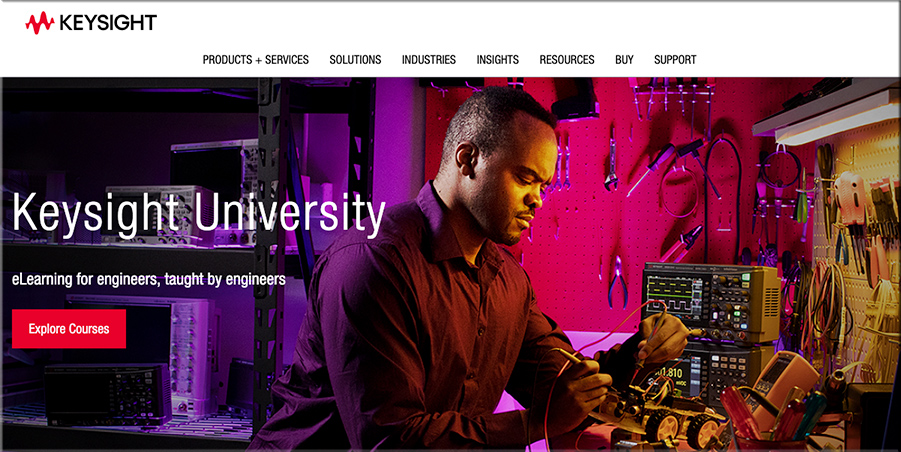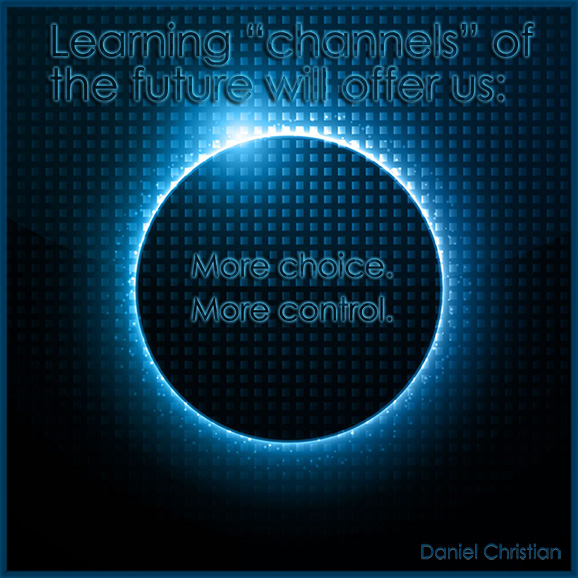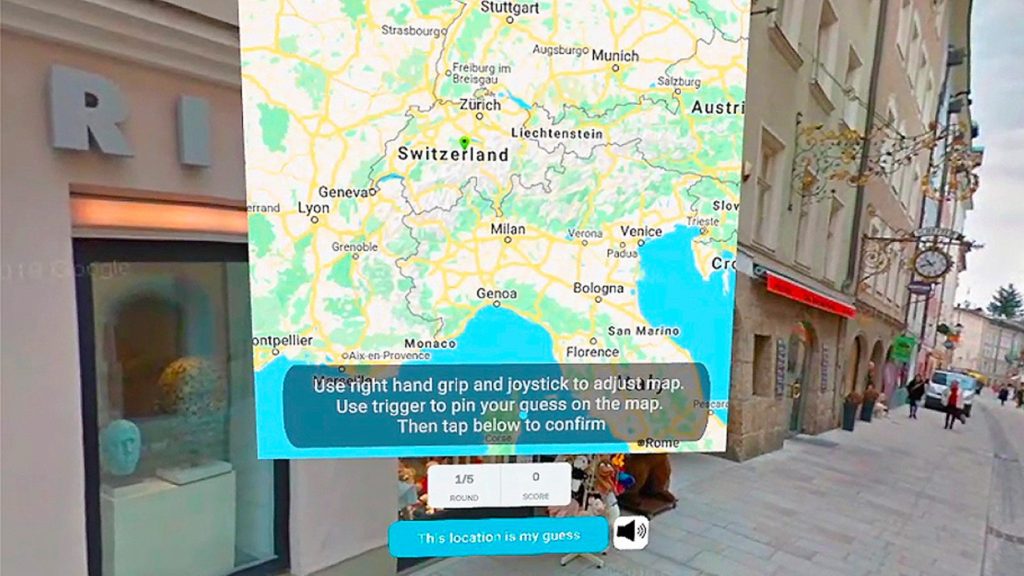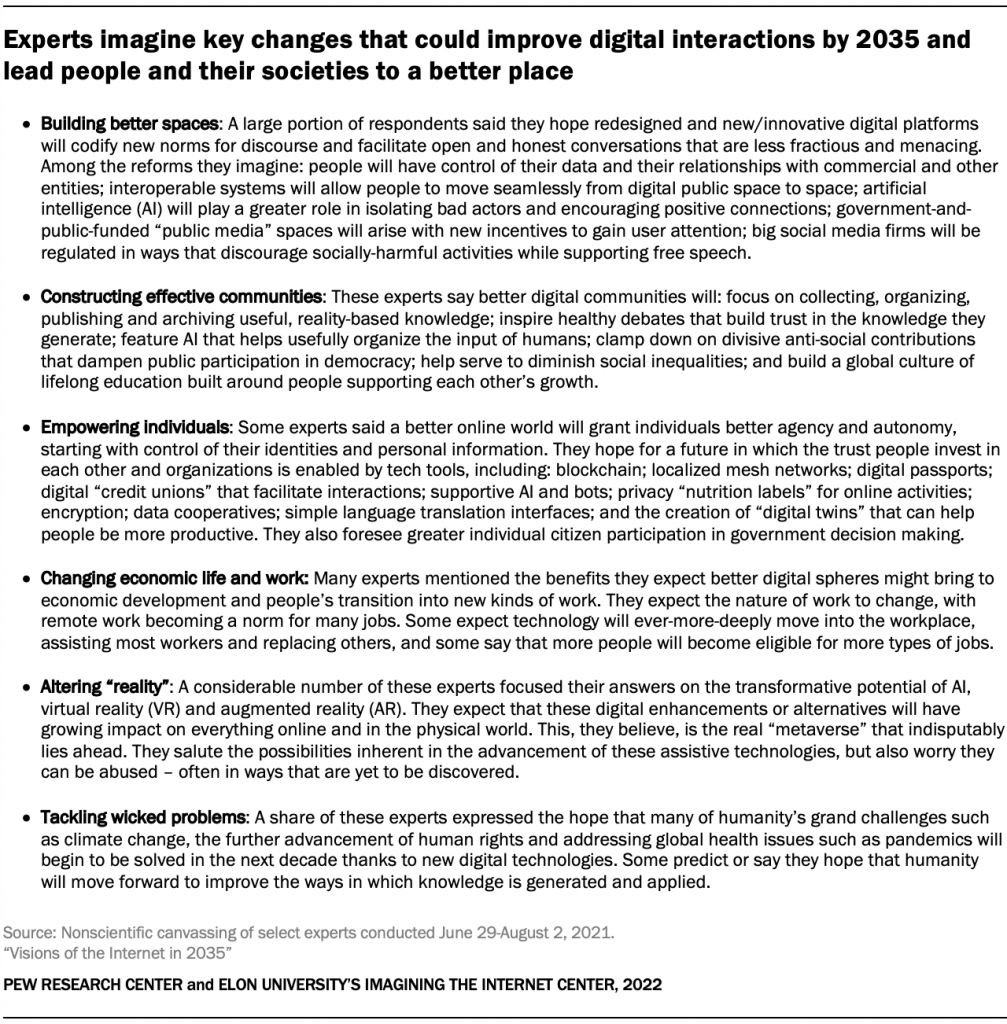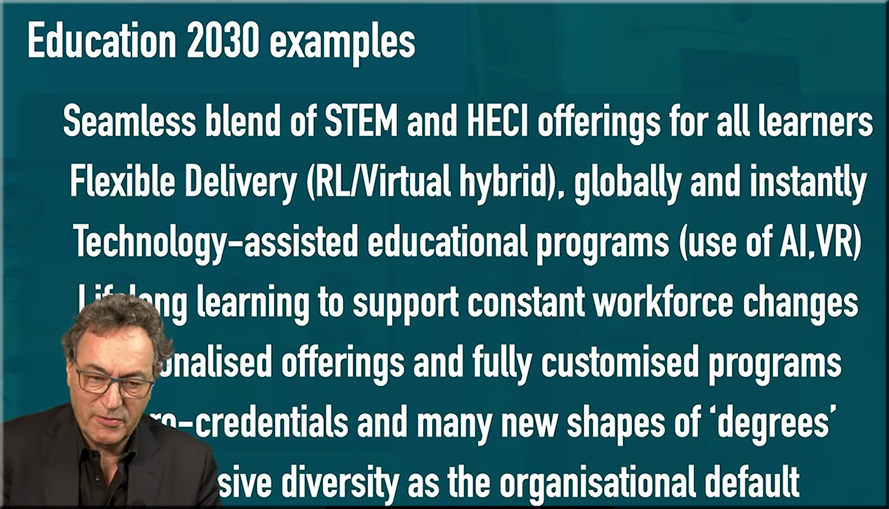Universities reimagine teaching labs for a virtual future — from edtechmagazine.com by Renee Morad
Schools are replacing take-home lab kits with more advanced virtual options that allow students to access industry-grade equipment.
Excerpt:
Soon after, engineering professors at Morgan State began using more advanced virtual lab options, which allowed students to access industry-grade lab equipment. The students could use an oscilloscope, a digital multimeter, a power supply and a function generator. The students logged on remotely to a cloud-based platform and followed the instructor’s video feed to get real-time guidance and feedback.
As the global pandemic forced professors and department chairs to adapt to a new learning frontier, it shined a spotlight on new methods to remotely replicate the in-person lab experience. It shifted the university lab from a traditional learning center to a futuristic innovation hub.
From DSC:
Also interesting here, see:
Also relevant here, see:
- U San Diego Nursing Students to Learn Clinical Skills in VR — from campustechnology.com by Rhea Kelly
Excerpt:
The University of San Diego is rolling out virtual reality technology in its nursing curriculum to help prepare students for real-world clinical scenarios. The VR tools will enable students to learn and practice clinical skills in a low-risk setting, as well as reduce their anxiety when interacting with live patients, according to a news announcement.









